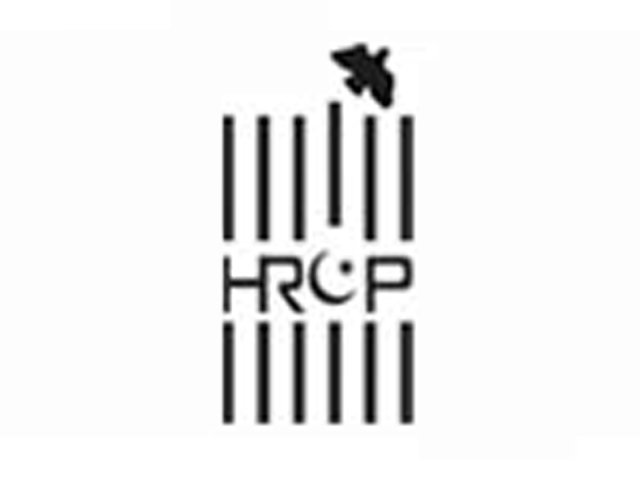News Desk
Lahore, 22 August 2024:
In a public meeting today, the Human Rights Commission of Pakistan (HRCP) and the Joint Action Committee for People’s Rights (JAC) called on the government to take urgent steps to alleviate the financial burden on millions of citizens struggling with the rising cost of living.
Speakers at the event criticized the perceived alliance between the business, agricultural, and industrial elite with the state establishment, arguing that this relationship has skewed wealth distribution and fostered a consumption-heavy economy that leaves many Pakistanis struggling to make ends meet.
Notable participants included JAC Convenor Irfan Mufti, HRCP Secretary-General Harris Khalique, rights activist Mohamad Tahseen, academics Fahd Ali and Salima Hashmi, labor rights activists Latif Ansari, Farooq Tariq, and Rubina Shakil, Human Rights Watch representative Saroop Ijaz, and student rights activists Ali Raza and Muzammil Kakar.
During the meeting, participants passed a resolution calling for immediate price controls on essential goods, including staple foods, fuel, and essential medicines. They also advocated for subsidized access to electricity, gas, potable water, internet connectivity, and public transportation for working-class households.
The resolution also emphasized the need for a living wage to ensure a reasonable standard of living for all households. In the short term, it called for the minimum wage to be raised in line with inflation and for equitable wages for women in the informal sector. The groups further urged the government to scale up existing social safety net programs to prevent vulnerable households from falling below the poverty line. They highlighted the need for universal access to pensions, healthcare, and unemployment benefits.
The participants called for an increase in the annual budgets for education and health to at least 4–6 percent of GDP. This increase, they argued, would enable the government to provide free universal primary education, affordable secondary and higher education, and a free national health service.
Employment opportunities, especially for those displaced by conflict or climate change, were also a key focus. The meeting underscored the importance of protecting workers’ rights and ensuring safe working conditions.
The participants also expressed opposition to austerity measures, particularly regressive indirect taxes, advocating instead for progressive taxation. They called on the federal government to disclose the terms and status of loans acquired from multilateral bodies and to seek debt retirement through a comprehensive debt audit.
Additionally, the meeting called for regulation of the real estate sector through progressive taxation to prevent land and resource hoarding, and for the protection of agricultural land from elite-led housing schemes.
Concluding the meeting, HRCP Treasurer Husain Naqi emphasized the need for a mass movement by civil society to ensure that political parties prioritize the interests of the working classes over those of the establishment, said the press release.


